Mechanical keyboards are a popular choice among computer users due to their durability and satisfying typing experience. One important component of a mechanical keyboard is the PCB (printed circuit board), which connects the key switches to the computer and registers keystrokes. There are two main types of PCBs available for mechanical keyboards: hotswap and solder versions.
Hotswap PCBs
Hotswap PCBs are designed to allow users to easily remove and replace key switches without the need for soldering. These PCBs have connectors that allow the key switches to be plugged in and unplugged easily, similar to how a USB connector works.
Hotswap PCBs are a good choice for those who are new to mechanical keyboards or who want to be able to easily modify their keyboard without the need for soldering equipment. They also make it easier to try out different switch types without committing to a permanent installation.
Solder PCBs
Solder PCBs, on the other hand, require the key switches to be soldered onto the PCB in order to be installed. This can be more difficult and time-consuming than using hotswap PCBs, but it also results in a more permanent and secure connection.
Solder PCBs are a good choice for those who are more experienced with mechanical keyboards and soldering, or for those who want a more permanent installation. They can also be more durable in the long run, as the soldered connections are less likely to become loose or disconnected.
Which is right for you?
Ultimately, the choice between a hotswap and solder PCB will depend on your level of experience and the specific needs of your keyboard. Hotswap PCBs are a good choice for those who are new to mechanical keyboards or who want to be able to easily modify their keyboard, while solder PCBs are better for those who are more experienced and want a more permanent installation. So, you can choose the one that best fits your needs.

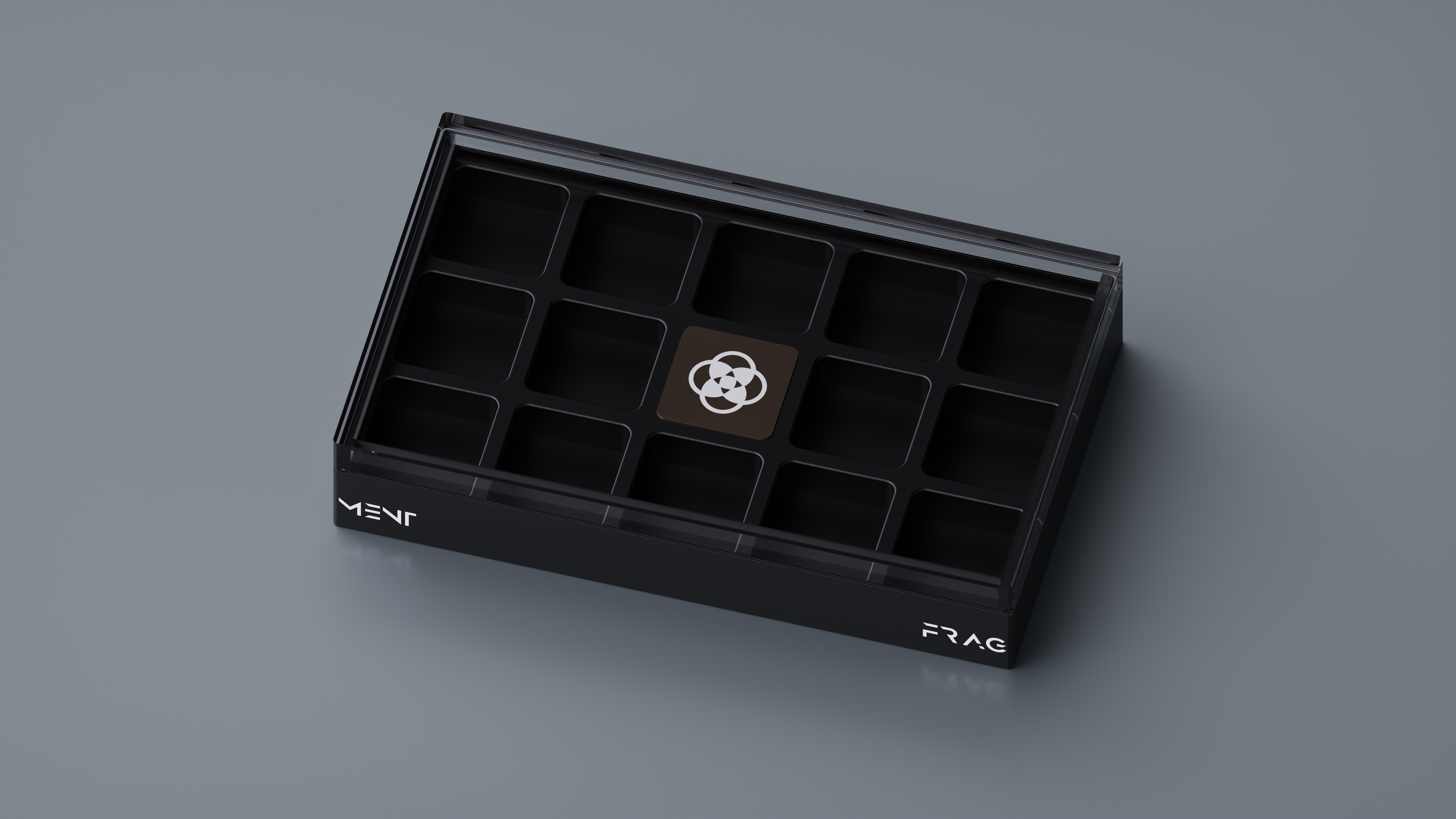
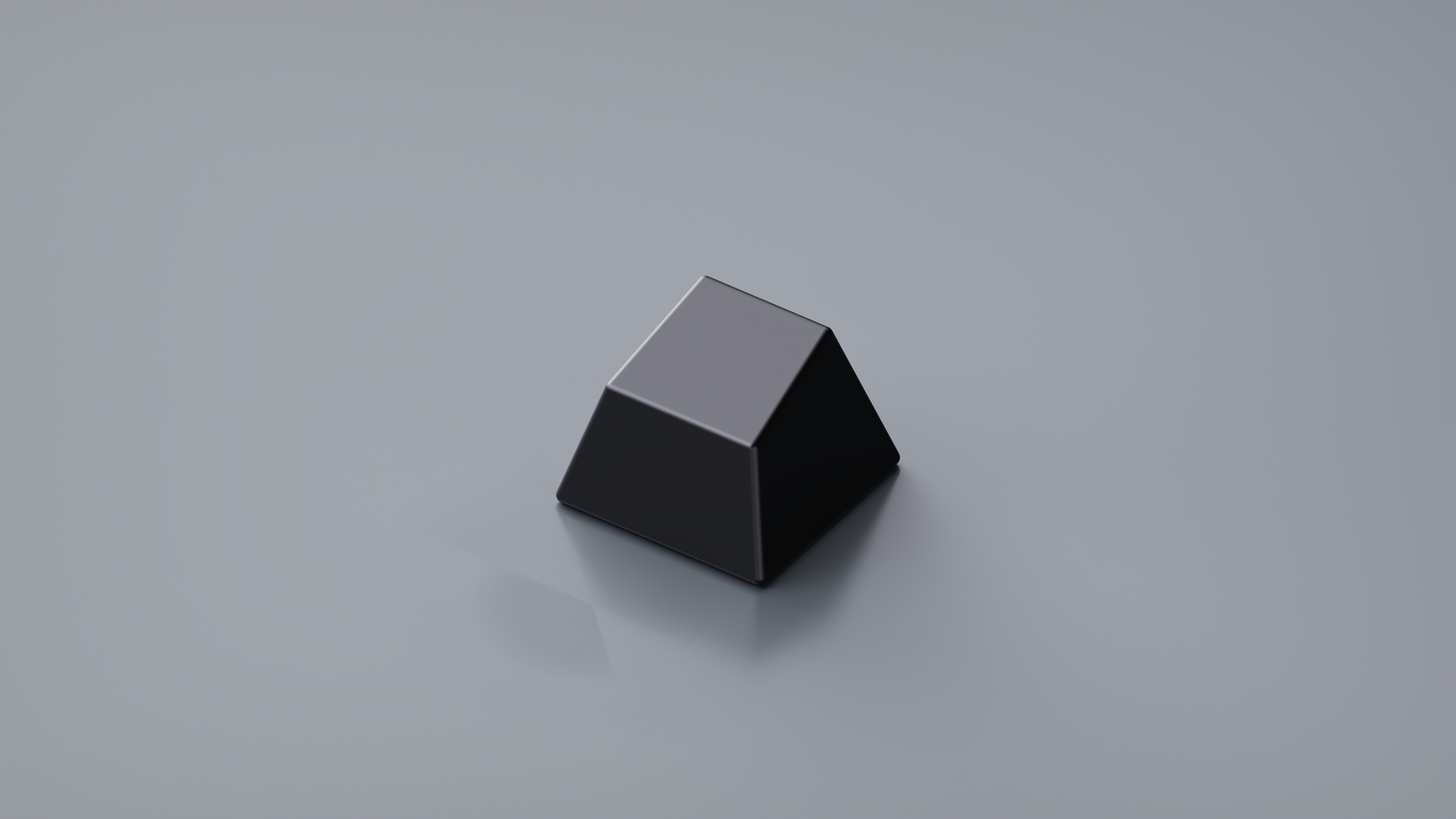
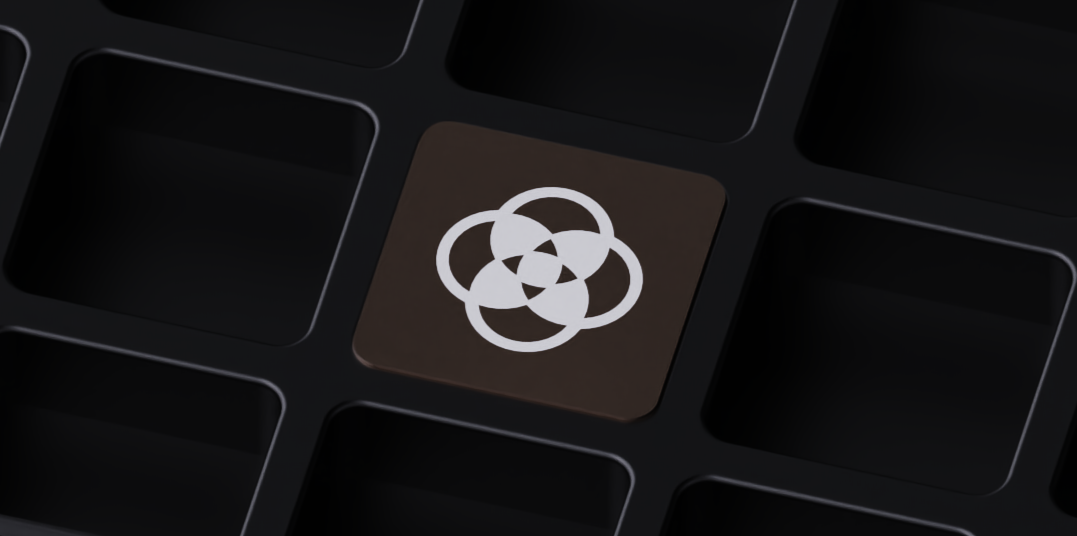
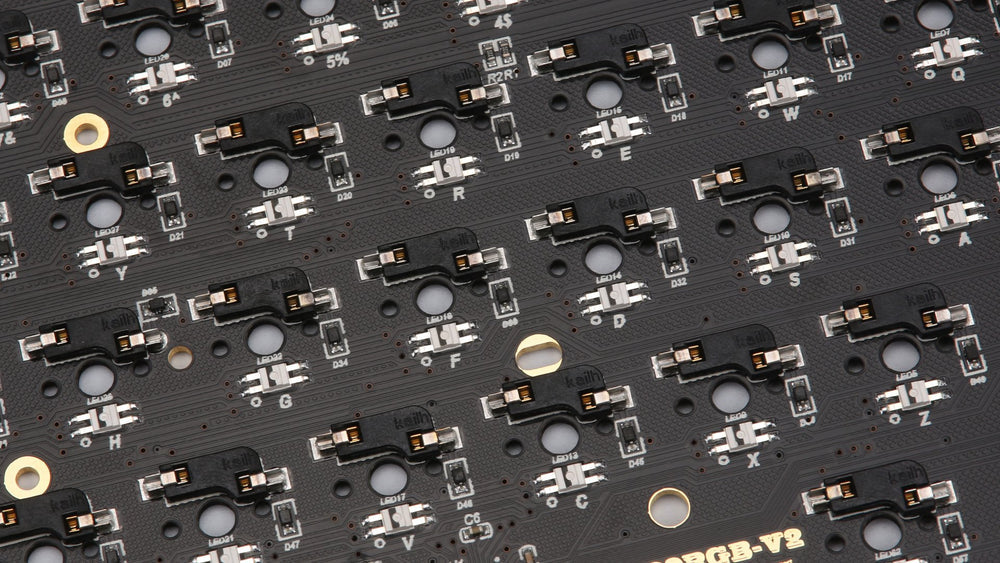
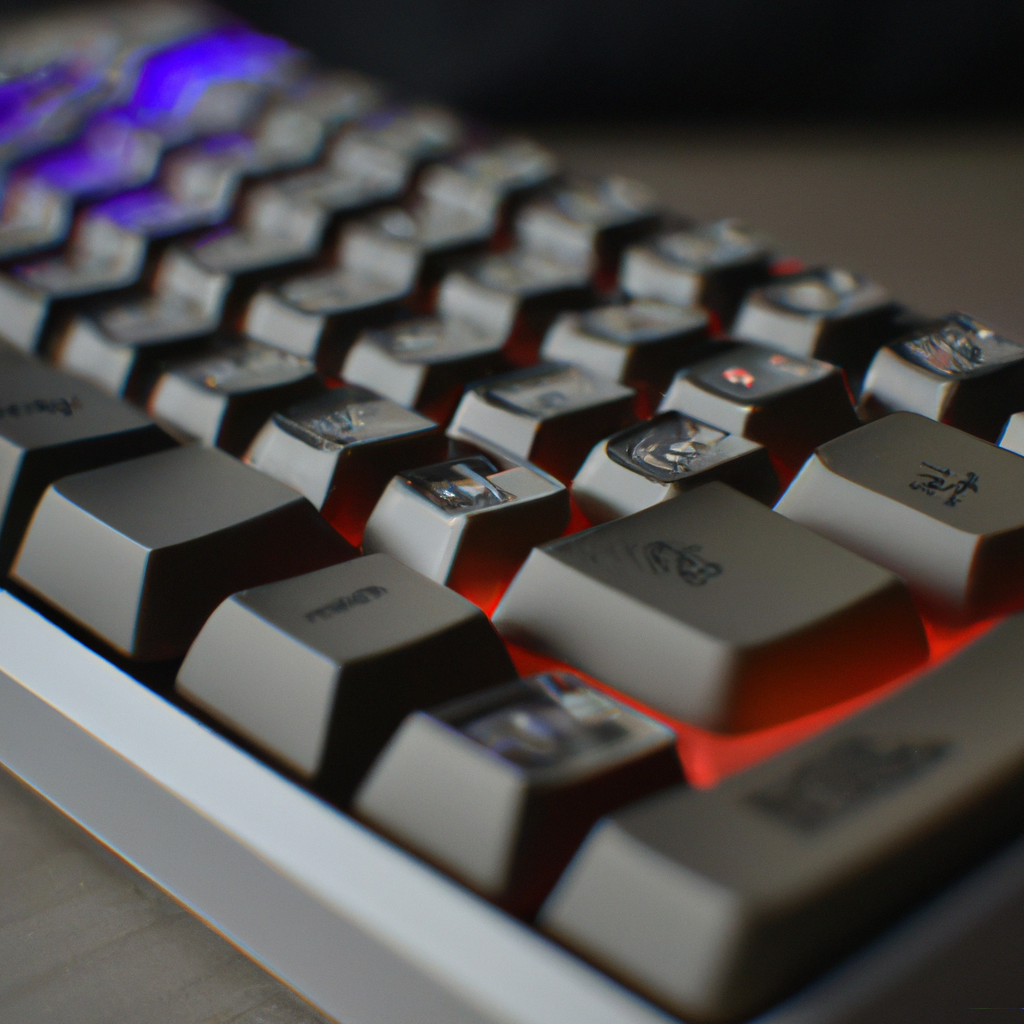
Leave a comment
This site is protected by hCaptcha and the hCaptcha Privacy Policy and Terms of Service apply.